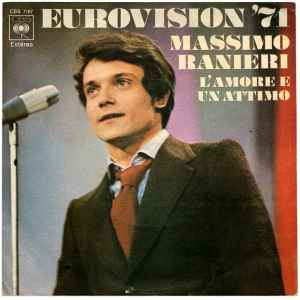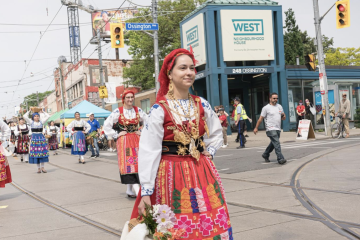Eurovision 2023: Celebrating Diversity and Musical Excellence

Introduction to Eurovision
Eurovision is more than just a music competition; it is a cultural phenomenon followed by millions around the world. Held annually since 1956, it showcases the diverse musical talents of participating European countries, fostering unity, creativity, and cultural exchange. The significance of Eurovision extends beyond its glamorous performances, acting as a platform for advocacy and representation, with this year’s event being no exception.
Eurovision 2023 Overview
The Eurovision Song Contest 2023 took place in Liverpool, England, owing to Ukraine’s victory in 2022 and their ongoing conflict. With the slogan “United by Music,” Eurovision 2023 aimed to celebrate resilience and solidarity. A total of 37 countries competed, highlighting a mix of genres, languages, and cultural backgrounds. The event attracted a global audience with an estimated viewership surpassing 180 million.
Key Moments
This year’s competition was marked by several key moments. Loreen, representing Sweden, made history by winning the contest for the second time with her powerful ballad “Tattoo.” The performance was lauded for its emotional depth and stunning choreography, showcasing the strong European tradition of pop music. Furthermore, the semi-finals featured notable entries that stirred conversations around identity and inclusivity, particularly entries from countries such as Spain and Iceland, which incorporated LGBTQ+ themes into their performances.
Social Impact and Representation
Eurovision plays a significant role in promoting diverse messages and causes. In 2023, many participating artists and countries faced scrutiny over political and social issues, with performances subtly addressing matters such as gender equality, climate change, and the ongoing conflict in Ukraine. This year’s contest served as a reminder of the power of music as a unifying force, inspiring hope and understanding among nations.
Conclusion and Future Prospects
As Eurovision 2023 concludes, it reaffirms its position as a key event in the entertainment calendar, with the ability to eclipse borders and create conversations on important global issues. Looking ahead, the contest will continue to evolve, embracing new artists, genres, and narratives that reflect the ever-changing European cultural landscape. For fans and participants alike, Eurovision remains a cherished tradition that celebrates the universal language of music.









